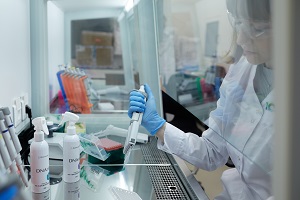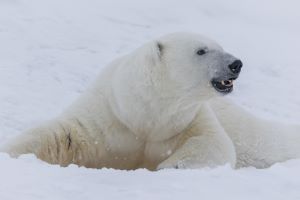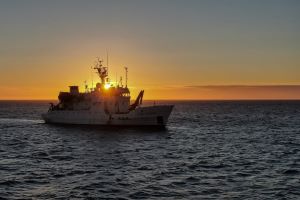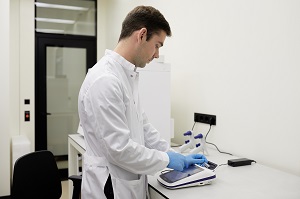Please activate JavaScript in your browser to use all interface options.
- About rosneft
- Corporate governance
-
Business
Upstream
- General Information
- Licensing
- Geological Exploration
- Reserves and resources
- Production and Development
- Gas Business
- Offshore projects
- Offshore equipment
Downstream
- Petroleum refining
- Gas Processing
- Petrochemistry
- Catalyst plants
- Production of lubricants
- Sales of oil products
- Sales of Petrochemical products and LPG
- Gas Sales
- Gas Motor Fuel Sales
-
For Investors and Shareholders
- Corporate documents
- Financial statements, presentations, annual reports
- LSE RNS disclosure
- Investor calendar
- Rosneft: Contributing to Implementation of UN Sustainable Development Goals
- ESG
- Equity
- For Insiders
- Shareholder’s Personal Account
- General shareholders' meeting
- Dividends
- Questions and answers for shareholders
- Investor tools
- Contacts
- Beware of fraud!
- Sustainable Development
- News room
Rosneft Supports Project to Create Genomic Database of Arctic Organisms
11 September 2024
Rosneft, together with Innopraktika, a non-governmental development institute, and the Centre for Whole-Genome Sequencing, has launched a unique project to create a genomic database of living organisms in the Russian Arctic. This information is essential for long-term planning for the sustainable development of the region and the conservation of its fragile ecosystems.
In the first phase, specialists in different taxonomic groups will analyse the biodiversity of the  Arctic and select the most valuable species for study.
Arctic and select the most valuable species for study.
Priority work includes the assembly of the complete polar bear genome, which will be carried out by staff from the Centre for Whole-Genome Sequencing. The high-performance computing cluster, one of the top 20 supercomputers in Russia, enables fast and high-quality processing of huge amounts of information and obtaining the most accurate data for subsequent interpretation.
 Specialists from Lomonosov Moscow State University and other leading research institutes in the country were also involved to create a roadmap for the new project and identify priority research areas. Using cutting-edge genetic technologies, scientists will study the mechanisms of speciation and the ability of Arctic animals to adapt to harsh environmental conditions, clarify the taxonomic status of individual species, and develop recommendations for monitoring the health of Arctic ecosystems.
Specialists from Lomonosov Moscow State University and other leading research institutes in the country were also involved to create a roadmap for the new project and identify priority research areas. Using cutting-edge genetic technologies, scientists will study the mechanisms of speciation and the ability of Arctic animals to adapt to harsh environmental conditions, clarify the taxonomic status of individual species, and develop recommendations for monitoring the health of Arctic ecosystems.
 The new environmental initiative is part of Rosneft’s comprehensive research programme in the Russian Arctic. The Company’s Arctic Research Centre is carrying out the most ambitious programme of research in the region since Soviet times, with more than 50 major expeditions over the past 10 years and unprecedented geographical coverage of hydrometeorological, geological and biological research.
The new environmental initiative is part of Rosneft’s comprehensive research programme in the Russian Arctic. The Company’s Arctic Research Centre is carrying out the most ambitious programme of research in the region since Soviet times, with more than 50 major expeditions over the past 10 years and unprecedented geographical coverage of hydrometeorological, geological and biological research.
Reference:
The creation of genetic databases and whole-genome sequencing are designed to preserve genetic information to protect endangered species. Scientists are studying their evolution and characteristics, investigating the extent of anthropogenic impacts on ecosystems, and calculating ways to mitigate potential threats.
In recent years, many projects have been launched to analyse genomic data (Bird 10,000 Genomes Project (B10K) in China, international mammalian genome analysis project Zoonomia Project, etc.), but this is the first initiative to study the genomes of organisms from the Russian Arctic.
Rosneft
Information Division
September 11, 2024
Keywords: Environmental news 2024

-315xx70.png)

